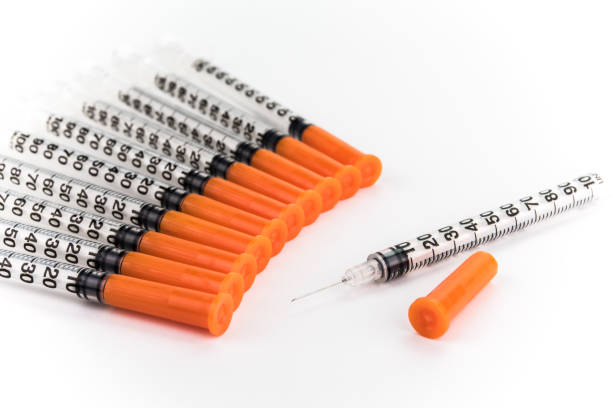 Introduction
Introduction
For patients who require frequent injections, such as those with diabetes, needle comfort is critical. Small gauge syringes are designed to minimize pain and make injections safer and more tolerable.
The gauge measures the thickness of the needle. A higher gauge number means a thinner needle. For example:
18G = thick, used for drawing blood.
29G–31G = very thin, used for insulin injections.
Less pain during injection.
Easier self-administration for patients.
Reduced risk of tissue damage.
Insulin injections at home.
Pediatric and geriatric injections.
Vaccinations requiring patient comfort.
29G–31G small gauge needles are best for diabetes care.
Select size (0.3ml, 0.5ml, 1ml) based on dosage requirements.
TICARE® offers insulin syringes with small gauge needles that are designed for patient comfort, sterile use, and home healthcare.
Q1: What is the smallest gauge syringe?
The 31G syringe is one of the smallest available, used for insulin injections.
Q2: Are small gauge syringes less painful?
Yes, thinner needles cause less pain and are preferred for frequent injections.
Q3: Can I use a small gauge syringe for all injections?
Not always. Thicker needles (lower gauge) may be required for certain medications.
Q4: Where can I buy small gauge insulin syringes?
They are available at pharmacies, hospitals, and suppliers like TICARE®.